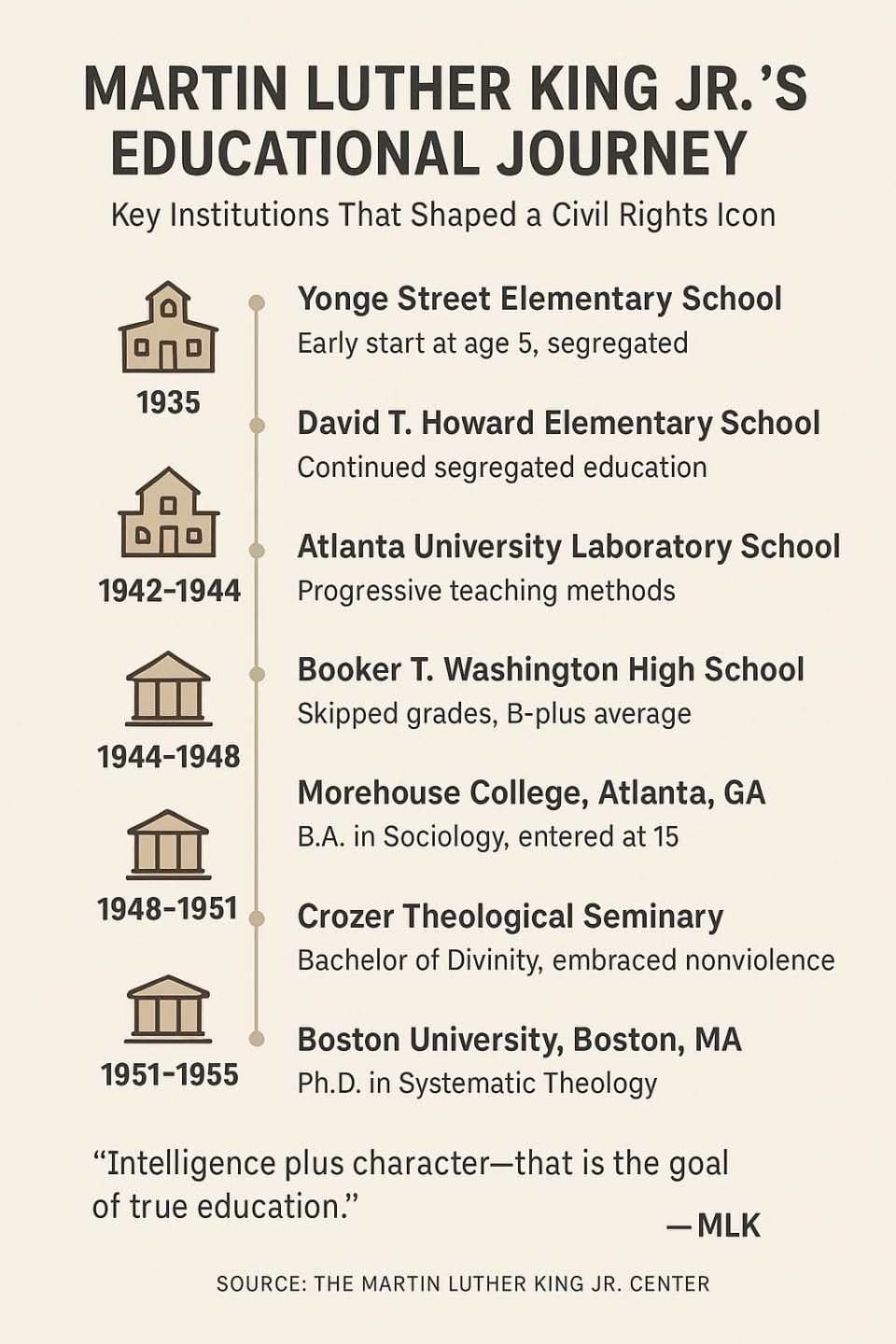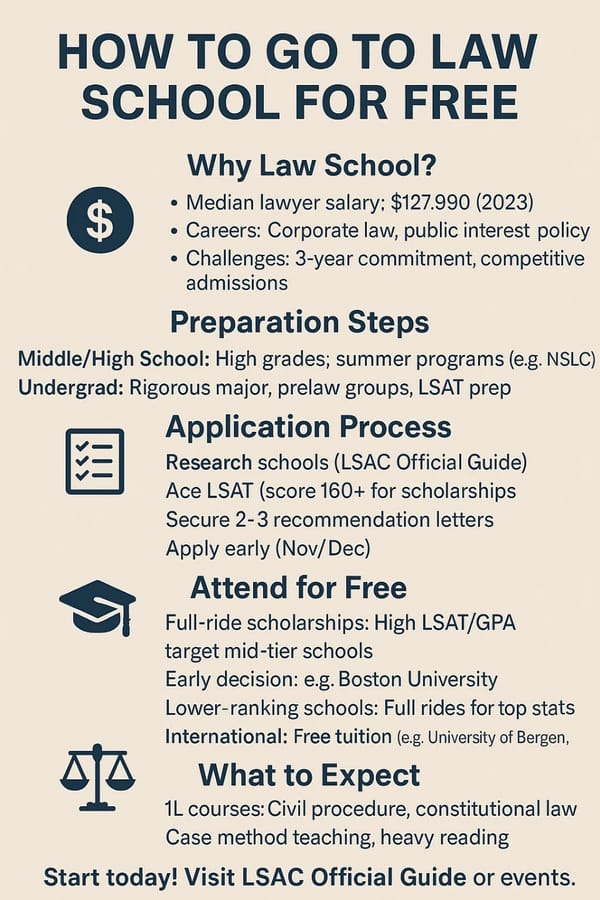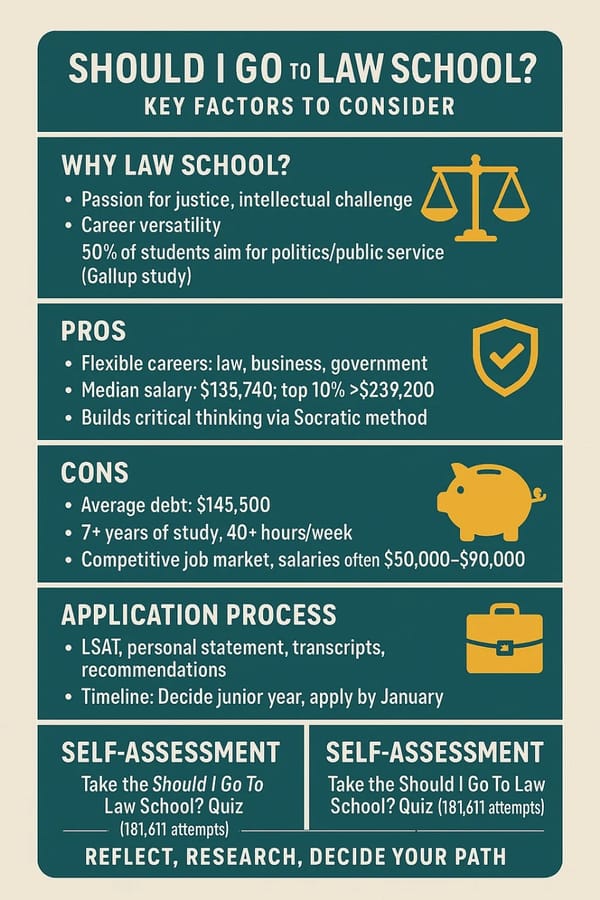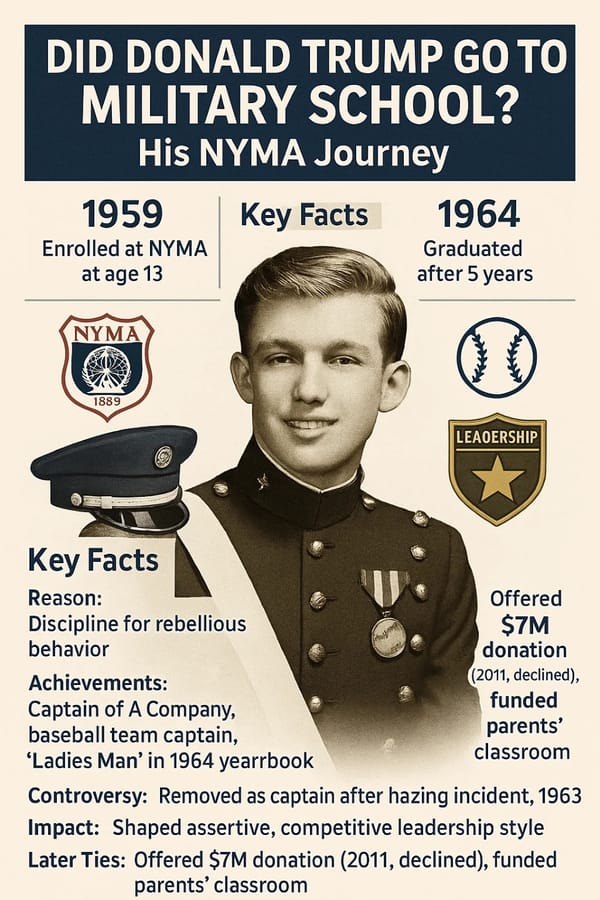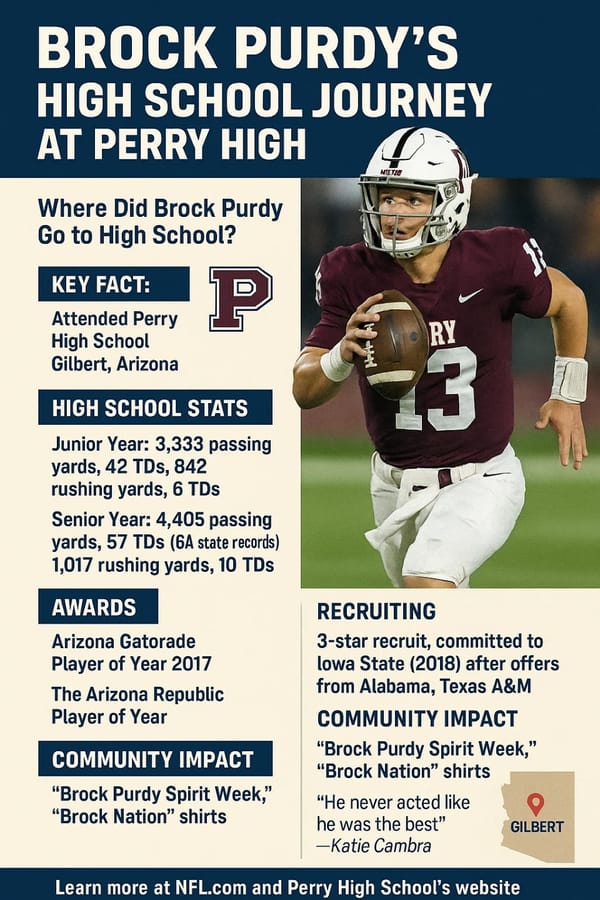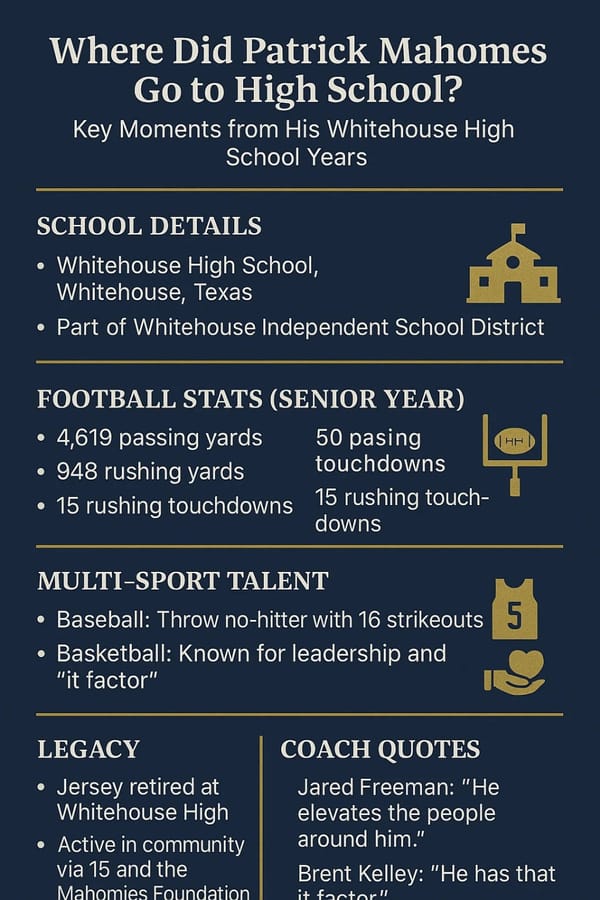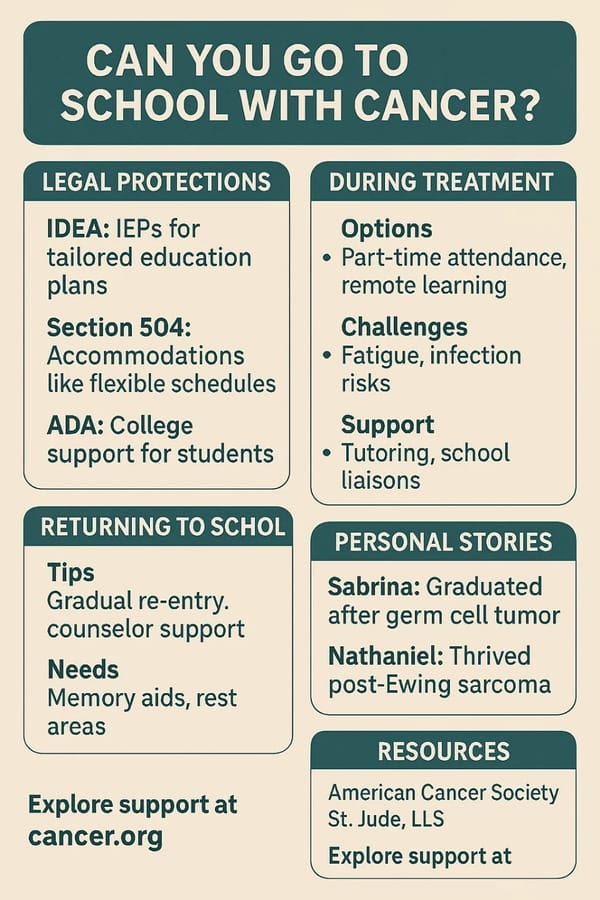Which Educational Institutions Shaped Martin Luther King Jr.'s Early Years? A Deep Dive into His Educational Journey
Picture a young boy in 1930s Atlanta, navigating a world divided by segregation, yet destined to become a beacon of hope. That boy was Martin Luther King Jr., whose early education laid the groundwork for his transformative leadership in the Civil Rights Movement. From segregated elementary schools to prestigious higher education institutions, King’s academic journey was both inspiring and foundational. In this article, we’ll explore where Martin Luther King Jr. went to school, focusing on the institutions that shaped his early years and how they influenced his vision for justice. Whether you’re a student, educator, or history enthusiast, join us to uncover the schools that molded a legendary figure.
Early Life: A Foundation Rooted in Faith and Learning
Born on January 15, 1929, in Atlanta, Georgia, Martin Luther King Jr. grew up in a family that cherished education and moral values. His father, Martin Luther King Sr., a Baptist minister, and his mother, Alberta Williams King, a former schoolteacher, emphasized the power of knowledge and character. This nurturing environment set the stage for King’s educational path, which began in Atlanta’s segregated schools, where racial inequalities were a daily reality.
As someone inspired by King’s courage, I’ve always been fascinated by how his early schooling shaped his resolve. His experiences, marked by both opportunity and adversity, show how education can empower individuals to overcome systemic barriers. Let’s dive into the institutions that played a pivotal role in his formative years.
Elementary Education: Navigating Segregation
Yonge Street Elementary School: An Early Start
Martin Luther King Jr.’s formal education began at Yonge Street Elementary School in Atlanta, a segregated institution for African American children. Recognizing his exceptional brightness, his parents enrolled him at age five, but he was asked to leave when officials discovered he was below Georgia’s mandatory school age of six. Undeterred, he returned the following year, reentering first grade and advancing to second grade within six months. Yonge Street was not just a school but a community cornerstone, hosting the first Black Parent-Teacher Association, which championed African American education.
This early start was significant. King’s rapid progress hinted at his intellectual potential, even as he faced the constraints of a segregated system. The school’s role in fostering community resilience likely left a lasting impression on him.
David T. Howard Elementary and Atlanta University Laboratory School
After Yonge Street, King attended David T. Howard Elementary School, another segregated school in Atlanta. He later transferred to the Atlanta University Laboratory School, known for its progressive teaching methods. These institutions exposed him to segregation’s harsh realities from a young age. A poignant memory underscores this: while shopping for shoes with his father, they were directed to the store’s rear, an incident that deepened his awareness of racial injustice. His mother’s words, “You are as good as anyone,” became a mantra, fueling his resilience.
These early years were transformative. King’s elementary education not only built his academic foundation but also sparked his lifelong commitment to challenging inequality. As I reflect on my own childhood, I’m struck by how such experiences could shape a young mind to pursue justice with unwavering determination.
High School: Academic Excellence at Booker T. Washington
A Prodigy at Booker T. Washington High School
King’s high school years unfolded at Booker T. Washington High School, the only high school for African Americans in Atlanta, founded by his grandfather, Adam Daniel Williams. Enrolling in 1942 at age 13, King skipped the ninth and twelfth grades due to his academic prowess, maintaining a B-plus average. Beyond academics, he showcased leadership as the football team’s quarterback and honed his oratorical skills through debates, foreshadowing his future as a powerful speaker.
This period was crucial for his intellectual and moral growth. The social upheavals of World War II and exposure to broader ideas led him to question literalist religious teachings, fostering a critical perspective on faith and justice. Thinking back to my high school days, I can only imagine the challenge of excelling in a segregated system while grappling with such profound questions—King’s focus was extraordinary.
College and Beyond: Building on Early Foundations
Morehouse College: A Turning Point
At 15, King entered Morehouse College in 1944 through a wartime program. This historically Black institution in Atlanta was pivotal for his intellectual development. Initially considering medicine or law, King was drawn to ministry, inspired by mentors like Benjamin Mays, Morehouse’s president, who viewed education as a tool for social justice. Graduating in 1948 with a Bachelor of Arts in Sociology, King began to envision his role in dismantling systemic inequalities.
Crozer Theological Seminary: Embracing Nonviolence
King’s theological studies took him to Crozer Theological Seminary in Chester, Pennsylvania, where he was one of six African American students in a mostly white institution. This first extended stay outside the segregated South broadened his worldview. At Crozer, he encountered Mahatma Gandhi’s philosophy of nonviolent resistance, which became a cornerstone of his civil rights strategy. Elected student body president, he graduated in 1951 with a Bachelor of Divinity, blending theological insight with leadership.
Boston University: A Doctorate and a Partner
King’s academic journey peaked at Boston University, where he earned a Ph.D. in Systematic Theology in 1955. His dissertation, A Comparison of the Conceptions of God in the Thinking of Paul Tillich and Henry Nelson Wieman, reflected his deep engagement with theological ideas. During this time, he met Coretta Scott, his future wife and partner, whose support bolstered his activism. Boston University sharpened his intellectual rigor and solidified his commitment to merging scholarship with social change.
Key Influences: Mentors and Moments That Shaped Him
King’s education was more than a series of schools; it was shaped by mentors and experiences. At Morehouse, Benjamin Mays inspired him to see education as empowerment. At Crozer, Gandhi’s nonviolence provided a practical framework for resistance. At Boston University, theological studies enhanced his ability to articulate a moral vision. King wrote, “Intelligence plus character—that is the goal of true education,” a principle that guided his life’s work[1].
King’s ability to weave diverse ideas—from Gandhi’s philosophy to theological scholarship—inspires me deeply. It shows that education is most impactful when it fuels purpose and action, a lesson I strive to apply in my own learning journey.
Educational Milestones: A Summary Table
To clarify King’s academic path, here’s a table summarizing his educational journey:
| Stage | Institution | Location | Years | Degree/Achievement | Key Notes |
|---|---|---|---|---|---|
| Elementary | Yonge Street Elementary School | Atlanta, GA | 1935-? | Early enrollment at age 5 | Segregated, advanced quickly |
| Elementary | David T. Howard Elementary School | Atlanta, GA | ?-? | Continued elementary education | Segregated, shaped early awareness of inequality |
| Elementary | Atlanta University Laboratory School | Atlanta, GA | ?-? | Progressive education | Exposed to innovative teaching methods |
| High School | Booker T. Washington High School | Atlanta, GA | 1942-1944 | B-plus average, skipped grades | Only Black high school, early leadership roles |
| College | Morehouse College | Atlanta, GA | 1944-1948 | B.A. in Sociology | Influenced by Benjamin Mays, entered at 15 |
| Theological Seminary | Crozer Theological Seminary | Chester, PA | 1948-1951 | Bachelor of Divinity | First integrated school, embraced Gandhi’s nonviolence |
| Graduate School | Boston University | Boston, MA | 1951-1955 | Ph.D. in Systematic Theology | Met Coretta Scott, deepened theological framework |
Conclusion: The Legacy of King’s Education
Martin Luther King Jr.’s educational journey—from the segregated classrooms of Yonge Street Elementary to the esteemed halls of Boston University—was a remarkable path that forged a global icon. Each institution, including Booker T. Washington High School and Morehouse College, nurtured his intellectual and moral growth, equipping him to lead with compassion and wisdom. His story underscores that education is not just about knowledge but about cultivating the courage to challenge injustice.
This journey inspires us to reflect on our own educational paths. How can we use learning to address today’s challenges? King’s legacy reminds us that education, paired with character, can transform lives and communities. Whether you’re a student, educator, or lifelong learner, consider how your knowledge can drive positive change. Share your thoughts in the comments or explore King’s life further at The Martin Luther King Jr. Center. Let’s honor his vision by committing to learn, reflect, and act for justice in our own time.
King’s quote is from his 1947 article, “The Purpose of Education,” published in the Morehouse College newspaper. ↩︎
